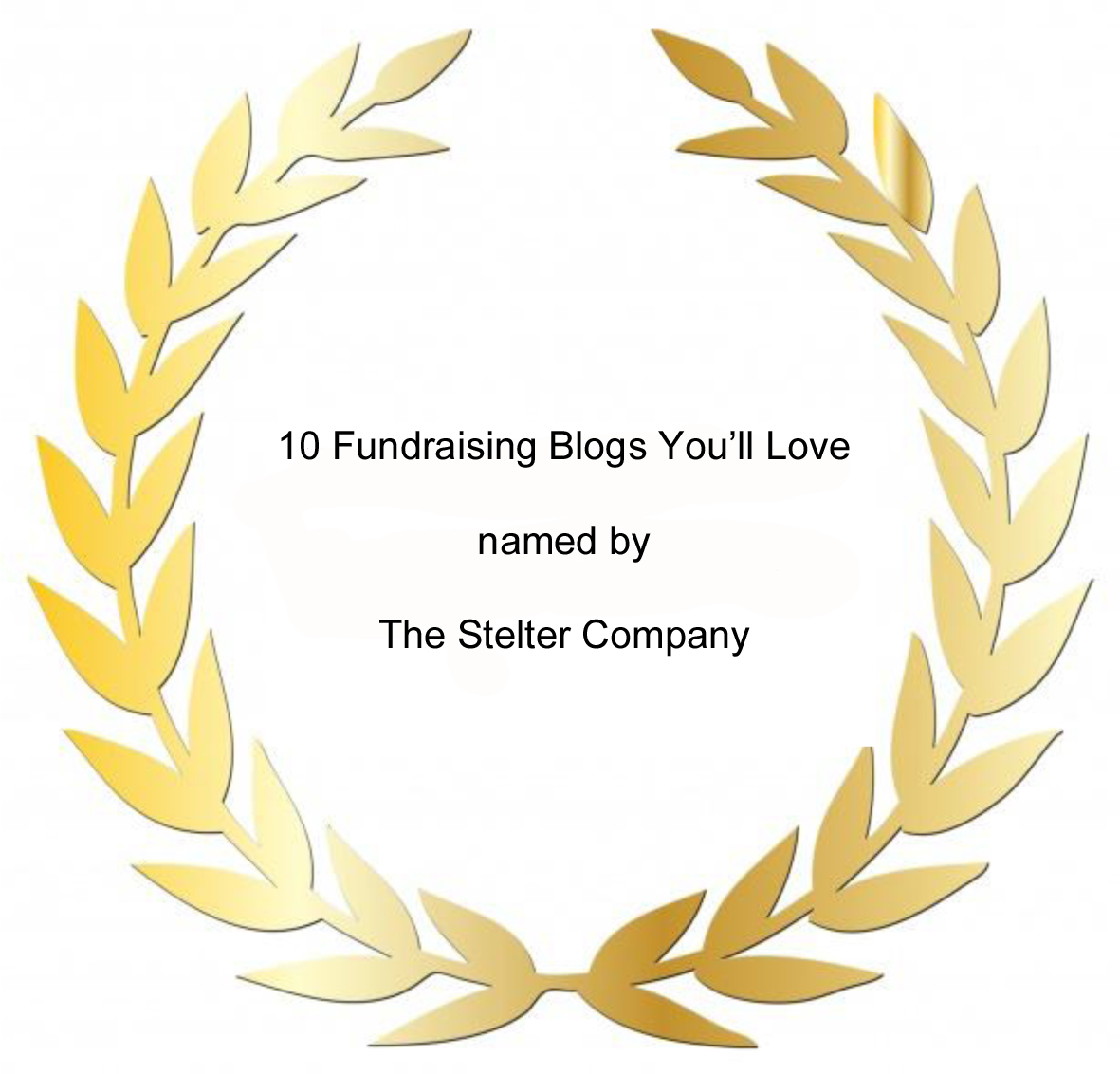When I was in middle school, it was common for my English teacher to give us an essay assignment. Every time she did, one student would always ask, “How long do you want it to be?” The teacher provided great direction that has guided my writing ever since:
Make it as long as it has to be. If you have something to say, say it. When you’ve said it, stop writing.”
Sometimes, you’ll need to write a lengthy appeal while at other times, a shorter appeal might be more effective.
Mal Warwick, the direct mail guru, once told me about a survey of men and women designed to explore what type of appeals they might prefer. Men said they prefer short appeals while women said they prefer longer ones. The interesting thing is that when follow-up appeals were sent, men and women responded at similar rates. Even more interesting is that both men and women were more likely to respond to the longer appeals.
 The idea that people don’t read anymore is a myth.
The idea that people don’t read anymore is a myth.
If the appeal comes from an organization someone cares about, he will take the time to read provided that your copy is compelling and relevant to the reader.
Don’t be afraid of the number of words you are using. Use as many as you need to move your readers.
This general insight also holds true in the business-to-consumer and business-to-business worlds making it something of a universal truth. Writing in Target Marketing, Bob Bly says:
So when clients tell me they don’t like long copy, I ask, ‘For whom are you writing? Casual readers? Or serious buyers looking to spend their money on what you are selling?’”
Bly observes that longer copy generally generates greater response rates in both b-to-c and b-to-b marketing. Fundraising is no different.
Bly also reports that longer blog posts are better from an SEO perspective, according to research from Orbit Media. Research by HubSpot finds that longer blog posts (over 2,500 words) are more likely to be shared on social media. Site SEO Analysis shows wordier web pages (500 words at minimum, but over 2,000 is better) rank higher in search engines. Eccolo Media reports that longer whitepapers (six to eight pages) are more likely to be read than those that are shorter.
There are certainly times when using fewer words is the way to go. For example, if you’re writing copy for a postcard mailing, you’ll have very limited real estate with which to work. You’ll need to be brief. However, when you have space, it will generally be better for you to write longer rather than shorter.
Following best-practice can often be the wise move. However, that’s not always the case. If your list is large enough and you have the resources, you should test various appeal lengths to see what works best for your organization and its various audiences.
If you test, more often than not, you’ll find that longer copy will generate a better result. Just be sure to keep these 10 tips in mind:










